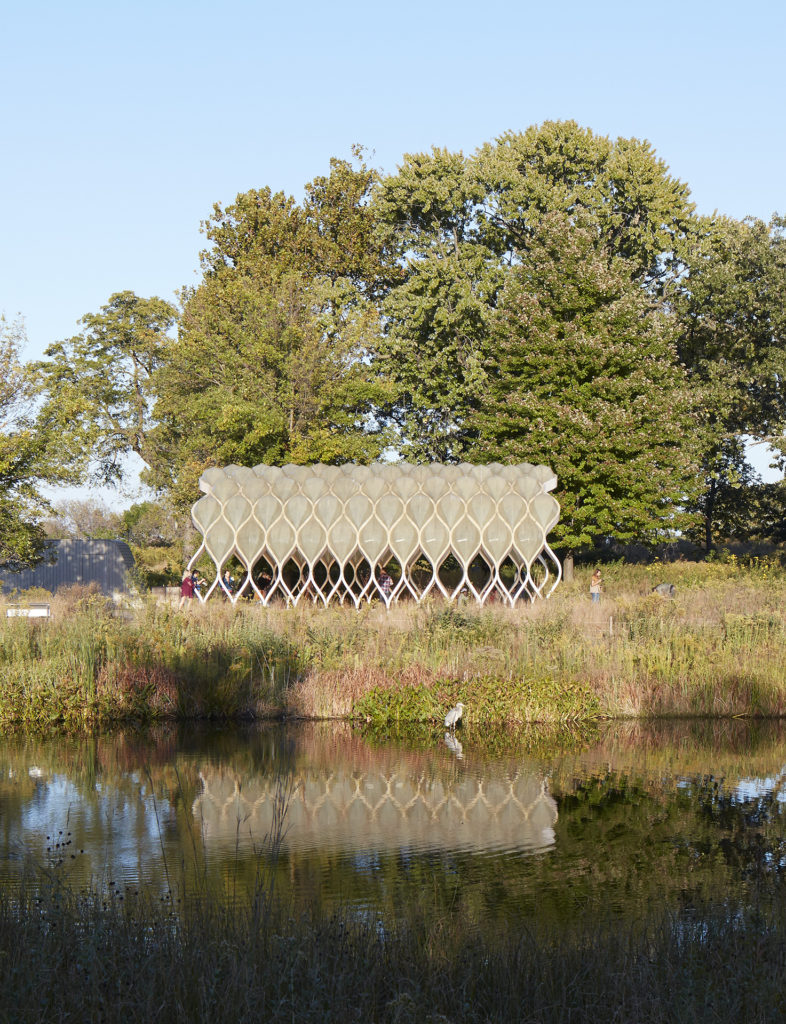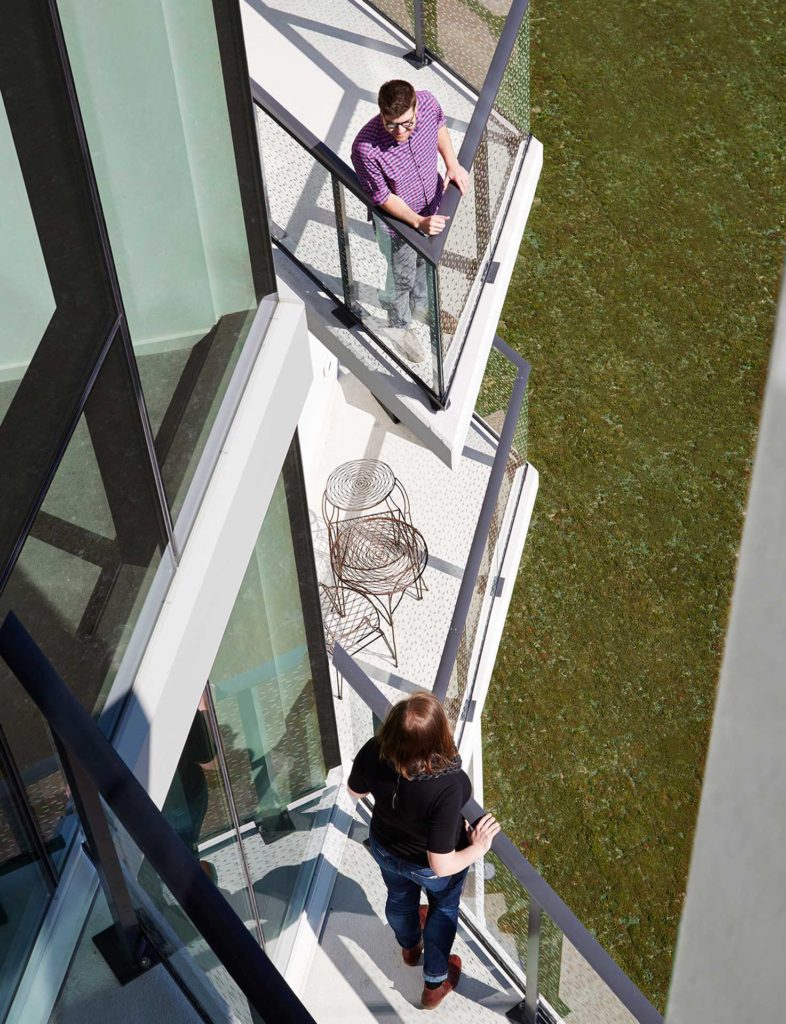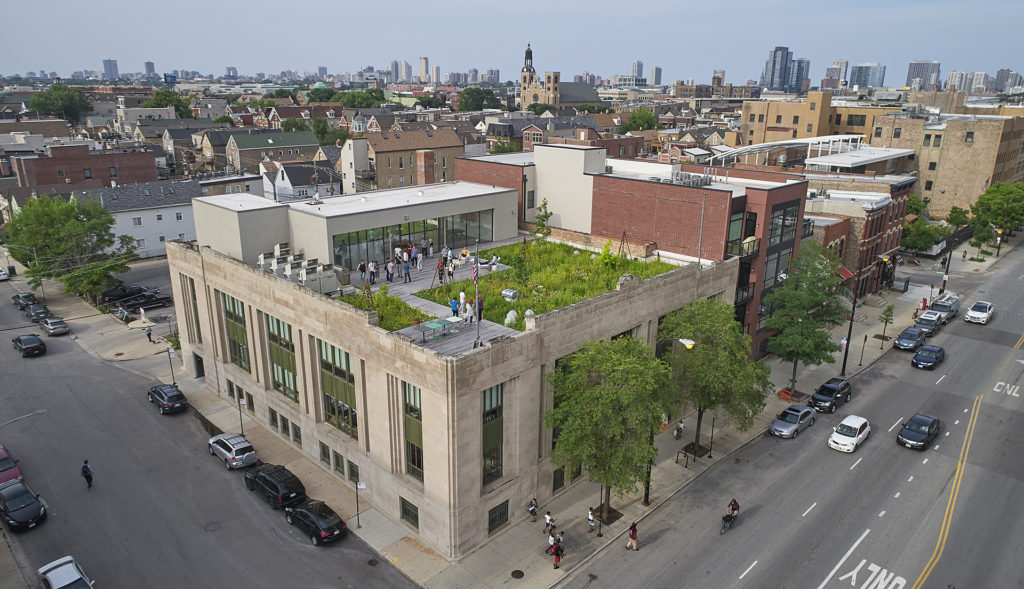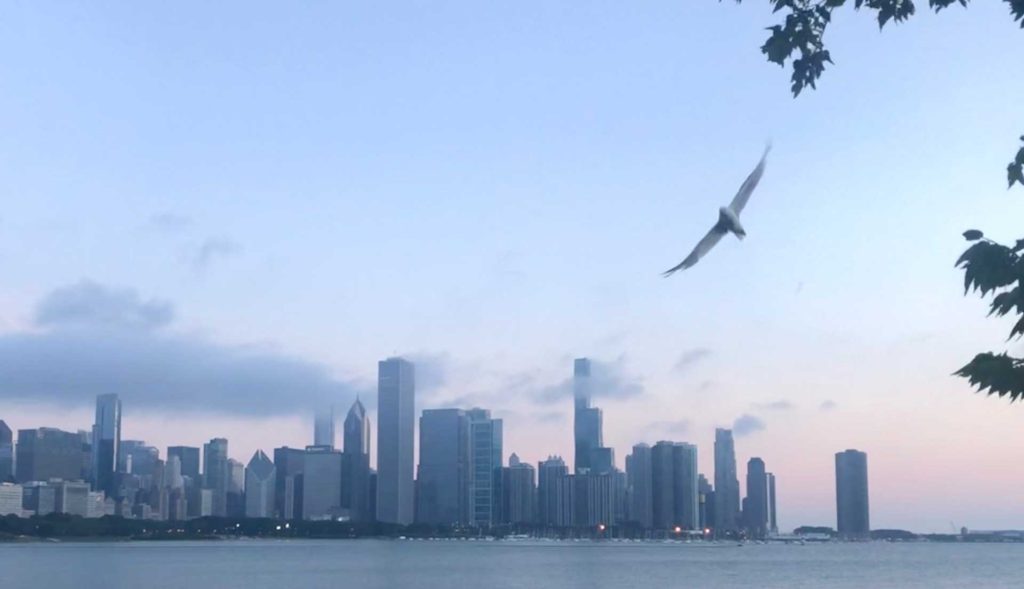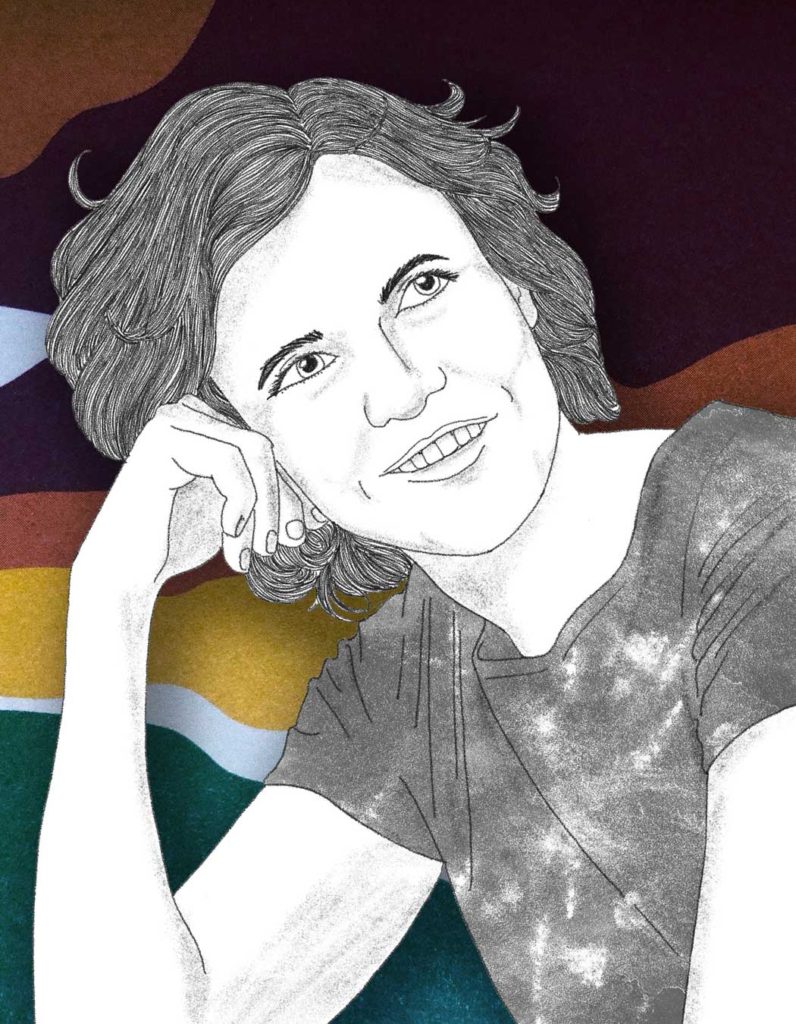
“I’ve always thought about not only humans but also the other living things around us as part of our realm, one that we can work with and relate to… Many animals live in social societies, and I believe that we are driven by social relationships. We are animals, and we need to better understand our co-inhabitants on the planet.”
Jeanne Gang has an explicit intention to make the human built environment as kind as possible for birds, nature, wildlife and the Earth’s atmosphere. Jeanne’s breakthrough moment was the design of Aqua, a residential tower in Chicago. Opened in 2009, Aqua was the tallest building ever designed anywhere in the world by a female architect. Jeanne conducted personal research and analysis to invent design features that would make Aqua less likely to be a building where birds strike the glass and perish.
International design awards and prestigious commissions piled up for Studio Gang after Aqua. In June of 2020, Phaidon press issued a new monograph on Studio Gang. The high profile Gilder Center, a new wing on the American Museum of Natural History in New York, is currently under construction. This fall, the first residents of Vista Tower—a new hotel and condominium building taller even than Aqua—will move into new homes in the bird-friendly building.
What Jeanne Has to Say About How Her Practice Works
“I’m an architect, but the way that I see our practice working is similar to and parallel to the way an ecologist would work. We’re studying the relationships between living things and between us and our habitat, our planet, our cities. It’s about studying relationships and not the individual elements themselves… what we try to do is to design so that we facilitate better relationships, improve our relationships, between each other and the environment.” (Excerpt from podcast)
How to Find Out More About Jeanne’s Work
Visit her buildings, either virtually or in person. For more on the principles and insights that inspire her, watch these extraordinary short videos: Toward Terrestrial, Rhythm, and Flow. And check out the work of the French philosopher Jeanne mentions in the podcast, Bruno Latour.
You can also buy and read the Phaidon book on Studio Gang’s work from Seminary Coop Books (or your own local bookstore) and watch this video about it. Or watch her Ted Talk, “Buildings That Blend Nature and City”. Jeanne and Studio Gang have authored two books you can order from your local book store: Reveal (2011) and Reverse Effect: Renewing Chicago’s Waterways (2011), the latter of which explored the possible reversal of the flow of the Chicago River, returning it to its original path.
And if, sadly, you live oceans away from any city where Jeanne has buildings, book a ticket to fly through O’Hare International Airport in Chicago five years from now. The design team led by Studio Gang was selected to design the airport’s new international terminal.
How Can I Help Make the Built Environment Better for Nature, Too?
If you live in Chicago, ask your alderman and the Mayor to support the Chicago Bird Friendly Design Ordinance. Chicago is a major fly-through-and-rest-awhile zone for migrating birds in both spring and fall. For thousands of years, birds have taken this same journey—but now big tall buildings sticking up in the sky cause the birds to sometimes smack into them. In the past, this was no one’s fault exactly—no one intended to put something up that killed birds. As Jeanne Gang has proven, if architects avail themselves of the knowledge that is out there on why birds collide with buildings, steps can be taken in the design stage that will prevent it from happening.
This type of thing may sound small but it’s not. In the podcast, Jeanne Gang talks about why having citywide regulation is so important. Find out what’s going on in your own city—and if the answer is nothing, think about how to start something up.
